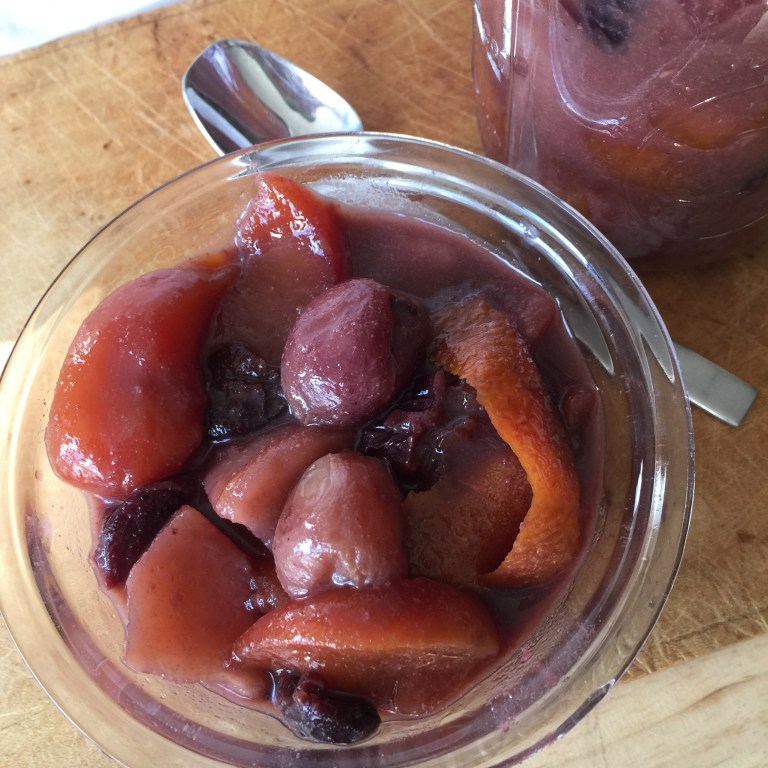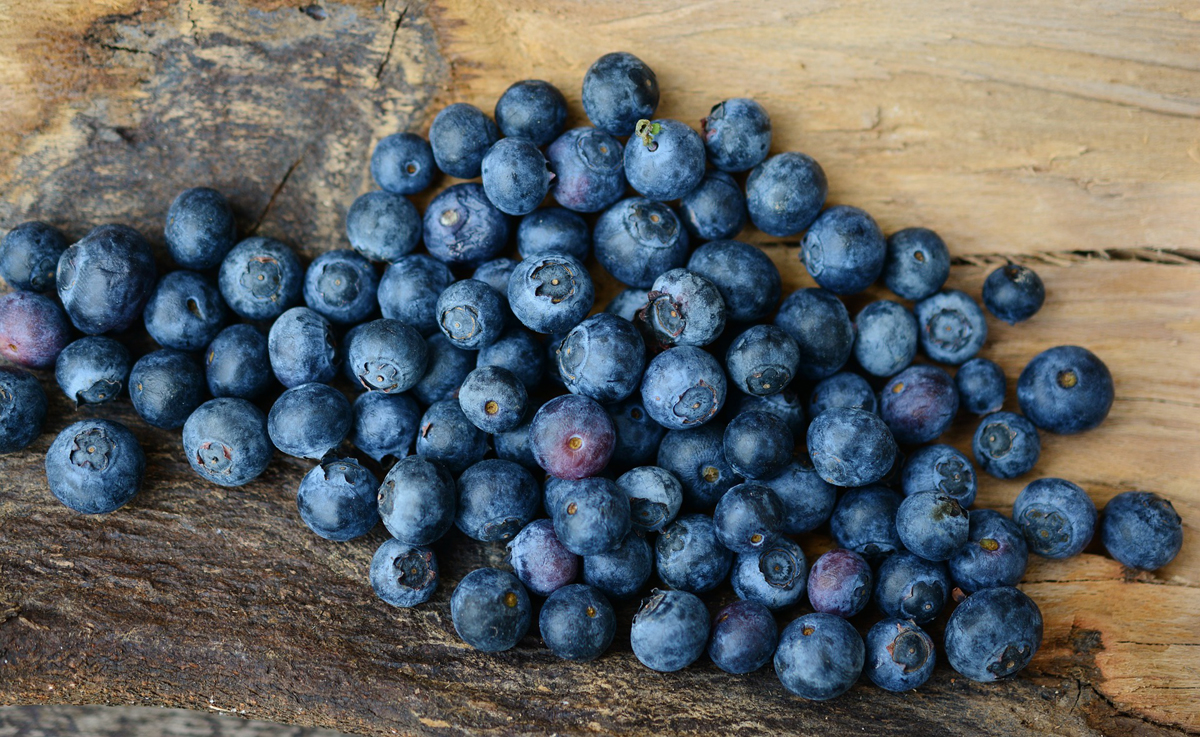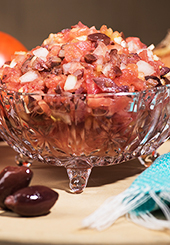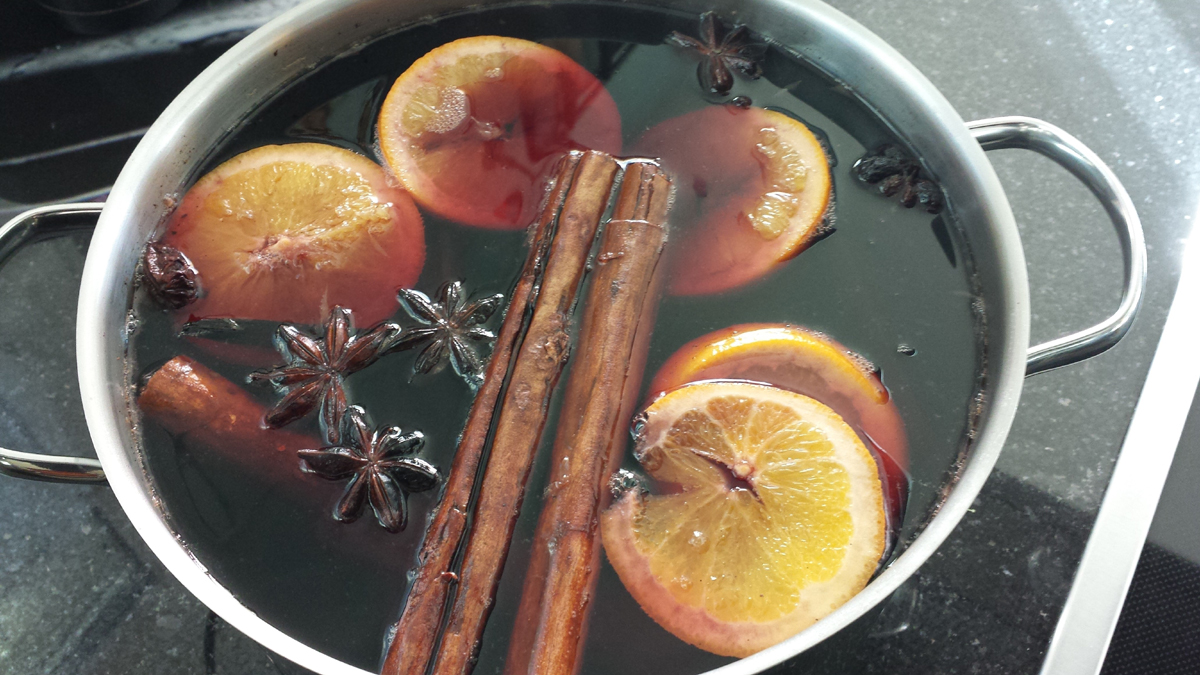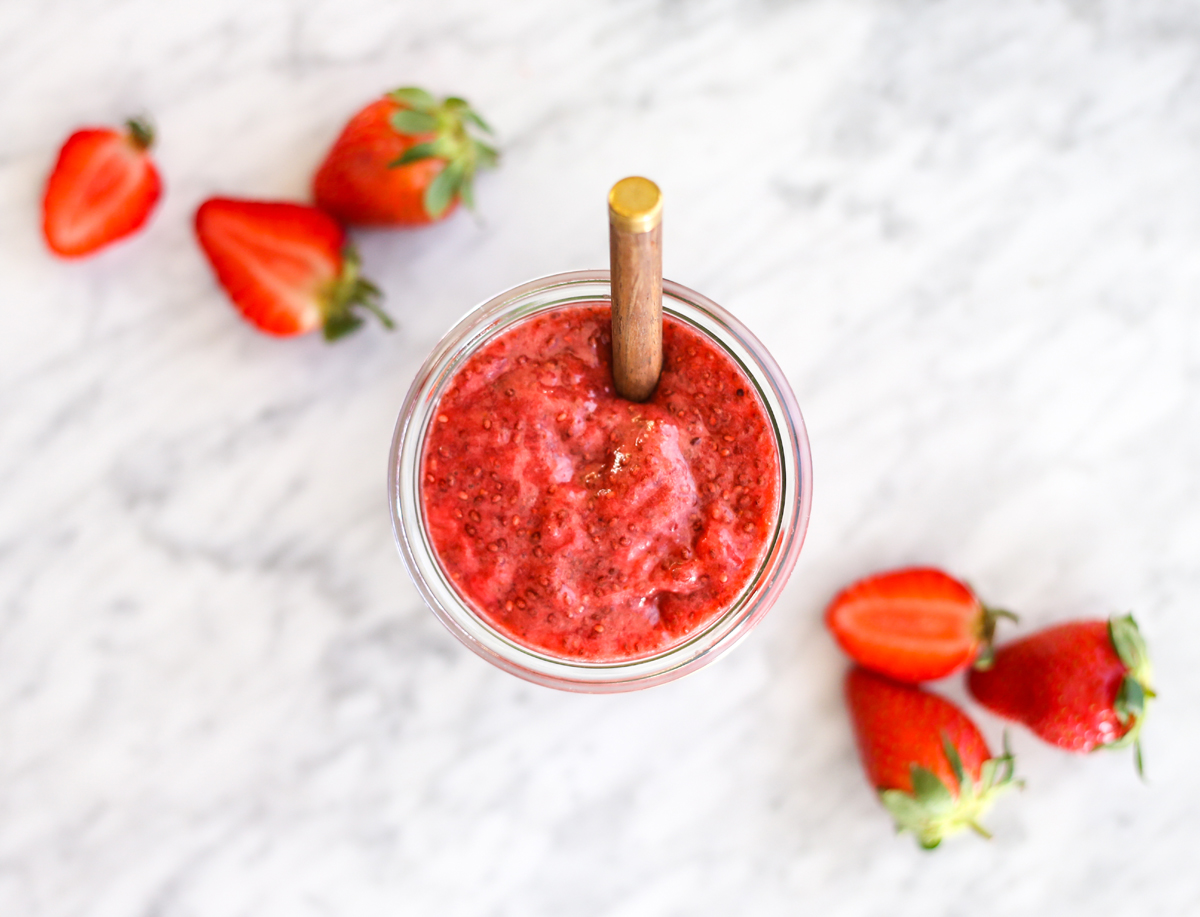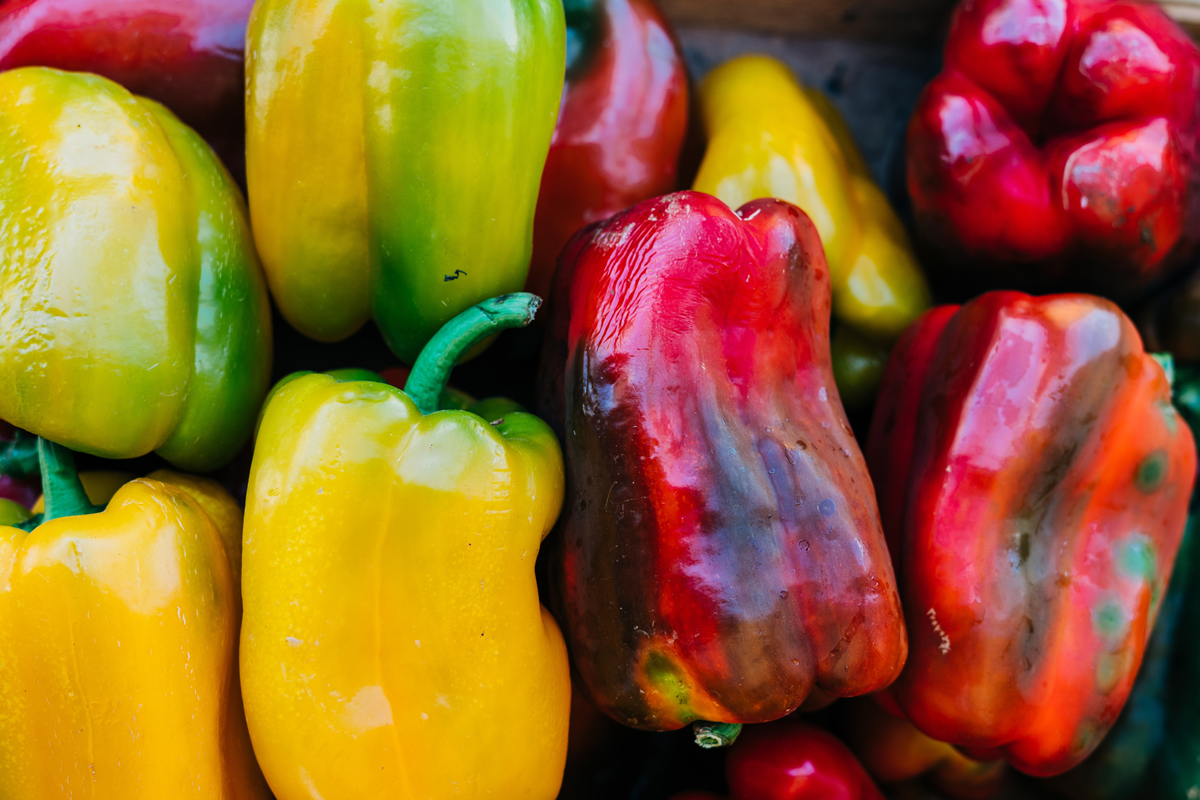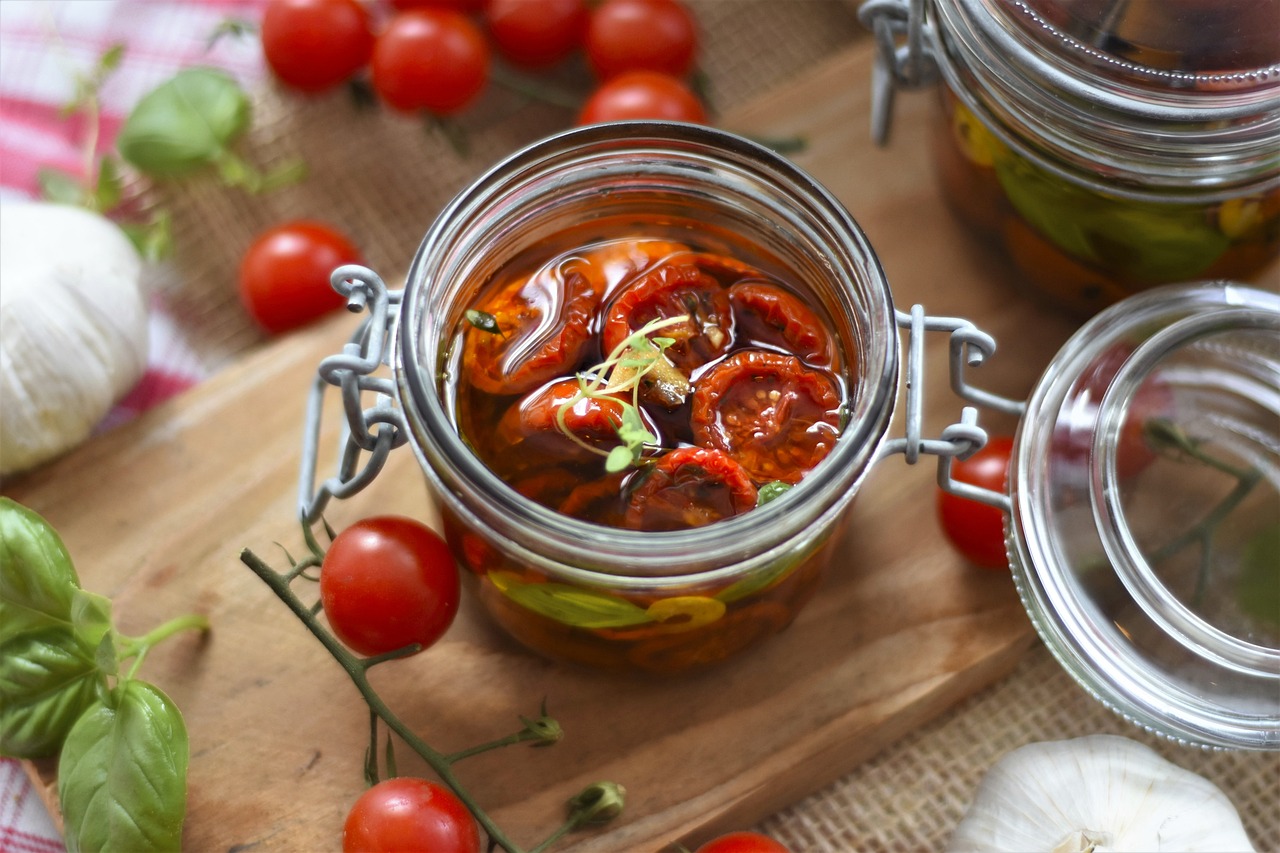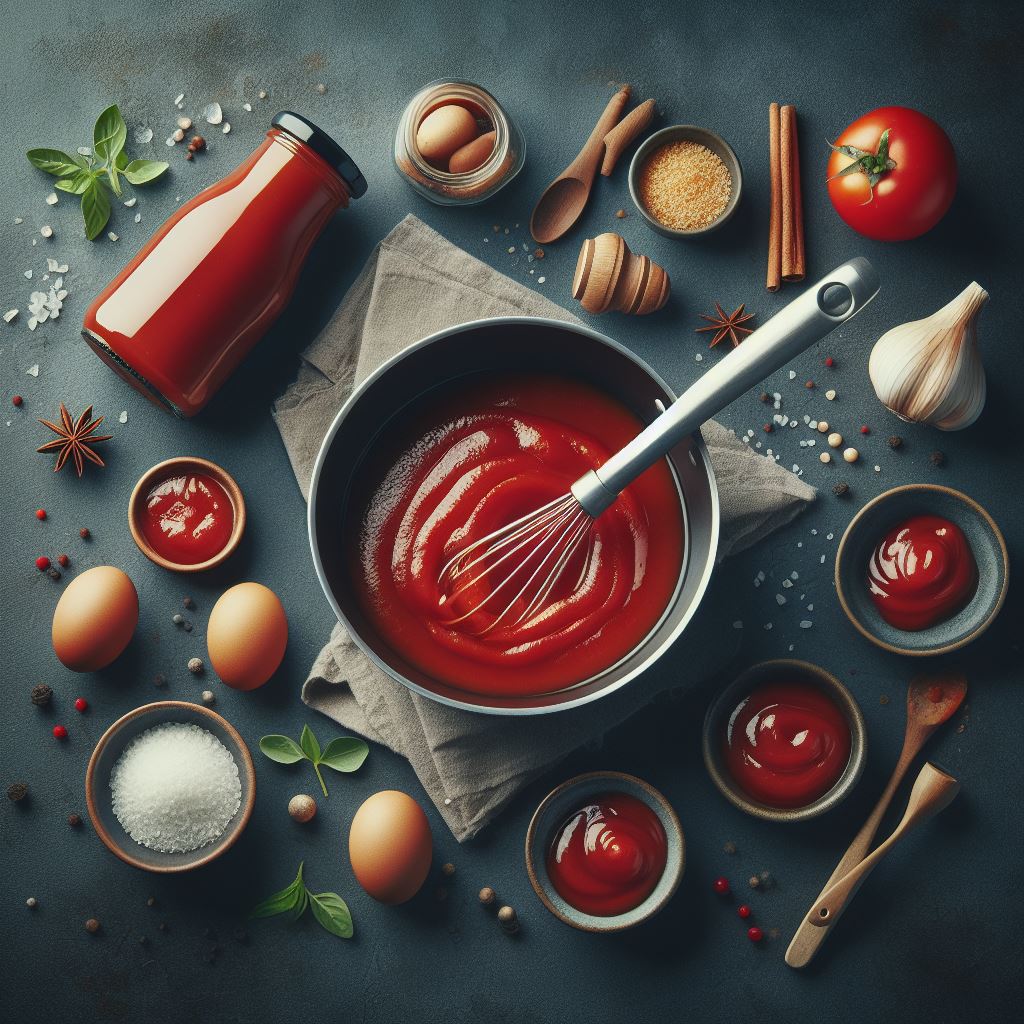15 Tips for Perfect Apple Juicing Recipes
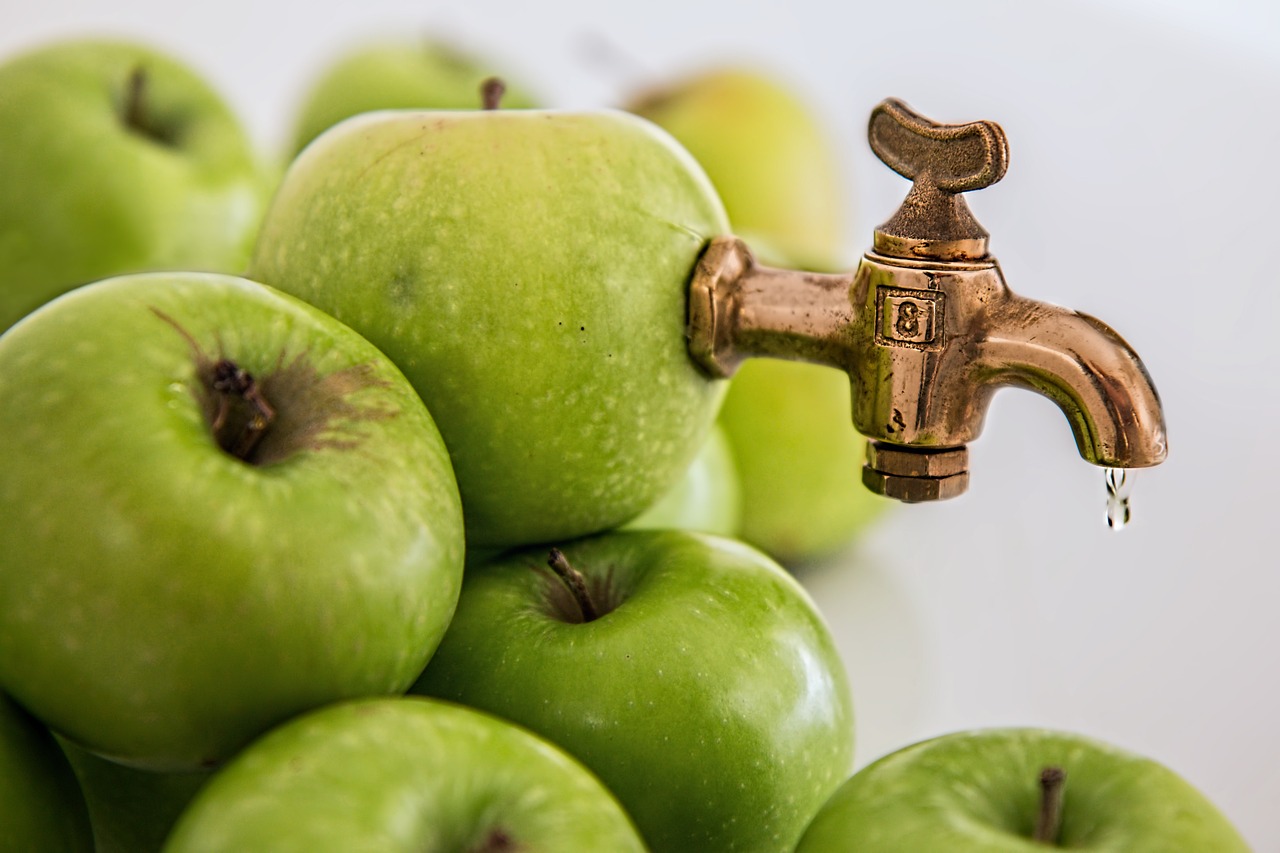
If you are looking for the perfect fruit to use in your juice recipes, look no further than the humble apple.
It is autumn (fall) in my part of the world, and we are surrounded by apple orchards. The gnarled and twisting trees are laden with beautiful, firm pink and emerald apples.
Kent (in South Eastern England) has traditionally been known for its apple and hop production. Its abundance of hop gardens and orchards has given this region the name “Garden of England”. However, as cheaper produce from elsewhere has gradually eroded local apple farming, many of the orchards now lie untended, un-pruned, unpicked, yet still productive.
So, with the permission of the local farmer, the fruit is there for the taking. I have racks of apples in my garage, which will last all winter if turned and aired properly. My only competition are the herds of semi-wild horses which graze between the ancient trees and for which fallen apples are delicious fodder.
So, what to do with all these apples? One solution is to juice them, combining them with other fruit and vegetables to make a nutritious, health-enhancing drink.
Even if you haven’t got access to free local apples, they are inexpensive and extremely good value from a nutritional point of view. Apple juice is also perhaps the only fruit juice that combines well with vegetable juices whilst sweetening them and making them more palatable.
Here are some secrets for making the most out of this wonderful fruit:
1. Apples are often heavily sprayed, as they are susceptible to many pests and diseases. So buy organic whenever you can, or grow / pick your own.
2. Depending on where you live, and your own personal taste, there are many varieties of apple suitable for juicing. Do a little research to find an apple which produces a good, sweet juice. Honeycrisp, McIntosh, Red Delicious, Gala, Fuji and Pink Lady are amongst the best varieties for juicing. Try blending them together.
3. Buy local. In our local supermarket (part of a large national chain), 12 varieties of apples are offered for sale, less than half of which are from the United Kingdom. The remainder come from as far afield as New Zealand, Chile and South Africa. Just think of the environmental (not to mention dollar) cost of transporting all those apples across the world.
4. Supermarkets tend to be the most expensive place to buy apples. This is because of the cost of grading, labeling, and packaging that is required by most supermarket chains. Instead, buy direct from farmers, farmers’ markets or independent greengrocers.
5. Add lemon juice as a time-tested antidote to avoid juice darkening if not drunk immediately.
6. How do you tell if an apple is ripe? If the apples are bought from a store, make sure they are firm and crisp and free of blemishes or bruising. If you are taking them from the tree, they will fall when ripe. But don’t leave them on the ground for long – apples rot very quickly.
7. Apple pips contain a very small amount of cyanide. It would take a lot of pips to do you any harm, but you may wish to remove them before juicing, especially if you are preparing juice for children.
8. Apple juice contains many nutrients, including vitamins A, C and K. Apples are also rich in the minerals calcium, potassium, magnesium, folate, iron, zinc and phosphorus, as well as powerful antioxidant phytochemical flavonoids and phenolic acid.
9. Nearly half the vitamin C in an apple is contained in its skin. So don’t peel your apples before juicing!
10. Apples contain malic acid which can reduce the muscle pain and fatigue of fibromyalgia.
11. Apple pectin (present in cloudy, unstrained apple juice) can lower cholesterol and reduce colon cancer risks. It is also efficient at chelation (removal) of toxic metals such as lead, mercury and aluminum from the blood stream.
12. Apple juice tastes wonderful with a small amount of lemon and ginger juices.
13. Apple juice mixes well with broccoli, spinach, carrot, cucumber, beet, berry, Swiss chard and lettuce juices.
14. Fresh apple juice can be made into homemade apple cider vinegar.
15. Centrifugal, masticating and gear juicers all work well extracting apple juice. However, if using a centrifugal juicer add lemon to reduce oxidation.
Here are a couple of apple juice recipes to get you started:
Apple and Carrot Zinger
- 1 apple
- 4 medium carrots
- 1″ piece of ginger
Wash and core the apple and chop into pieces that will fit in your juicer. Wash and top the carrots. Peel the ginger. Juice and enjoy.
Green Supreme
- 1 apples
- 1 handful of spinach
- 1 handful of kale
- 1 handful of parsley
Wash the greens thoroughly, juice and enjoy.
Meal in a Glass
- 1/2 pineapple
- 3 apples
- 1/2 cucumber
- 2 sticks of celery
- 1 handful kale
- 1 avocado
A really delicious meal replacement juice. Peel the pineapple. Carefully wash the apples, cucumber, celery and kale. Chop all above ingredients into chunks that fit into your juicer. Juice.
Pour juice into a blender and combine with the flesh of the avocado (tossing away the pit and skin) and some ice. Blend until smooth and drink within an hour.
The Author:
William Paice is Editor and Founder of juicing site MEGAjuicing.com
Photo. Steve Buissinne
Source: EA

